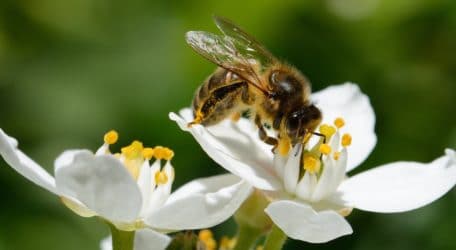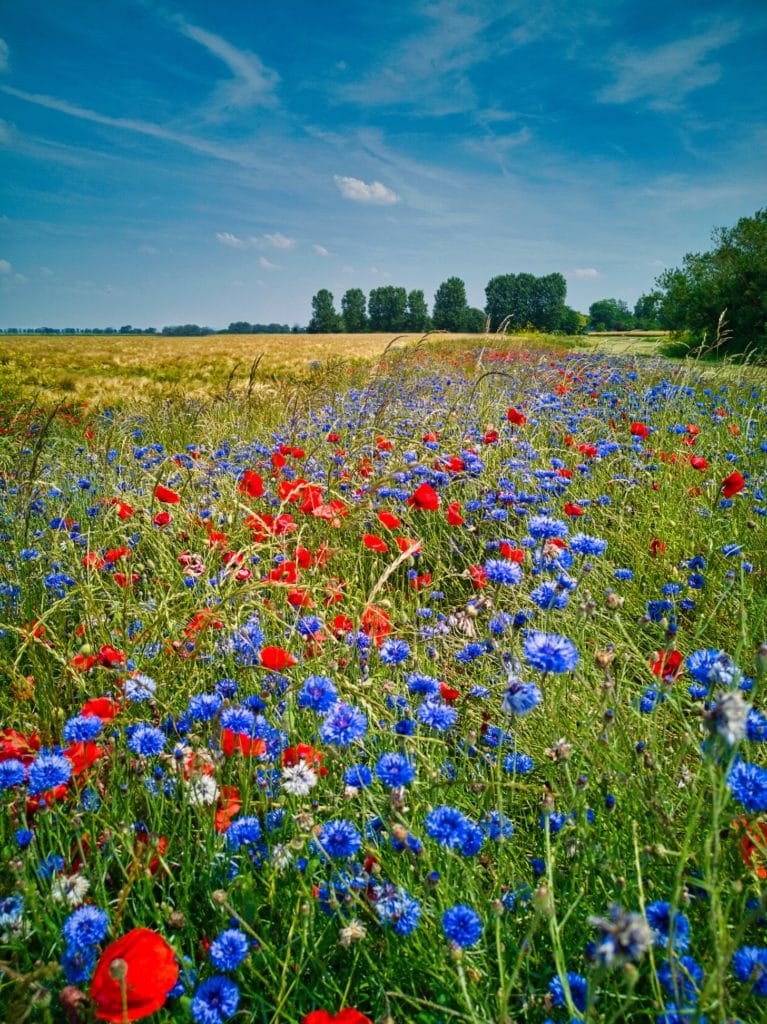
Lidl at the forefront of biodiversity: the first standard on biodiversity is under development
By the end of 2021, an internationally recognised programme for a more responsible agricultural production will be made available. This will be a supplementary module to the Global G.A.P certification.
Together with prestigious partners in the scientific and agricultural areas, Lidl has decided to actively promote the protection of biodiversity as a cornerstone of its environmental sustainability strategy. Biodiversity – the variety of animal and plant species on our planet – has been disappearing at an alarming rate over recent years, mainly because of human activities.
As a supermarket chain that distributes food and non-food products, Lidl is aware of its responsibility to preserve biodiversity and the ecosystems’ diversity. Due to this, the company is working on an international level with experts in the field of supply chain sustainability as well as agriculture sustainability. An approach that takes into consideration the point of view of different stakeholders (universities, farmers’ representatives, NGOs, etc..) to ensure that the new Global G.A.P on biodiversity is shared as much as possible by agricultural producers and distributors.

The supplementary module on which Lidl is working fills a gap in certifications at a European level. In fact, at this time, there are no standards focusing on biodiversity for fruit and vegetable producers on the continent. Moreover, it is part of a series of measures already implemented by the Company to protect biodiversity in order to guarantee the production of food products in the future as well: continuous development of its organic assortment, reduction of use of pesticides in fruit and vegetables and the use of certified wood and paper from responsibly managed forests, to name a few.
The Numbers and Causes behind the loss of Biodiversity
The WWF estimates that 75% of the terrestrial environment and about 66% of the marine environment have been significantly modified by human action, while half of the world’s habitable land is used for agricultural use. This massive conversion of forests, wetlands, grasslands and other terrestrial ecosystems has resulted in a 60% decline in the number of vertebrates around the world over the past 50 years.
- March 7, 2021 No comments Posted in: Press Launches Tags: LIDL





